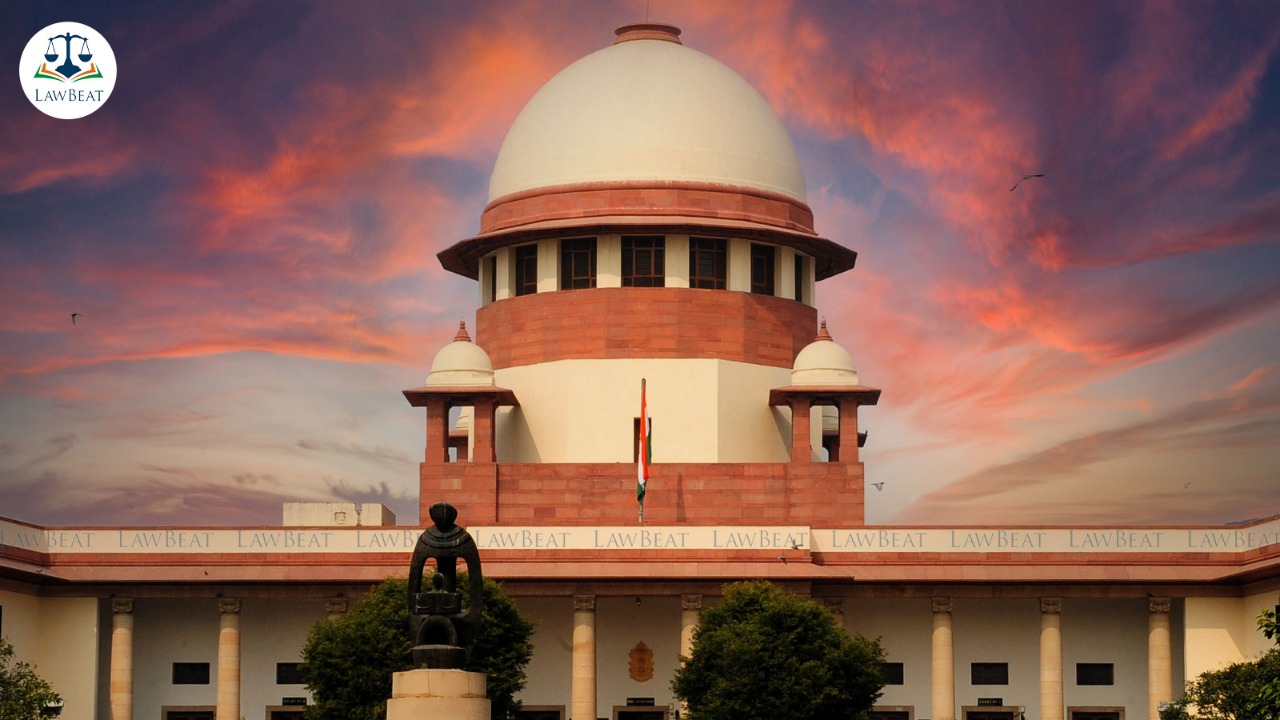Trial Invalid if Non-Compliance with Section 313 CrPC Prejudices Accused: SC

Court held that the failure in the case at hand was not a curable defect and it was nothing but a patent illegality vitiating the trial qua the appellant
The Supreme Court has said that the trial of a convict should stand vitiated if a fatal non-compliance in the matter of questioning under Clause (b) of sub-section (1) of Section 313 of the Criminal Procedure Code resulted in material prejudice to him in a criminal case.
A bench of Justices C T Ravikumar and Sandeep Mehta acquitted Naresh Kumar in a 1995 case of murder after finding that he was not put to incriminating circumstances while being questioned under Section 313 of the CrPC.
The court said culpability can be fixed, if at all it is to be fixed, on the accused upon conclusive proof of the same established by the prosecution only after following various procedural safeguards recognising certain rights of an accused.
"Failure to comply with such mandatory procedures may even vitiate the very trial, subject to the satisfaction of conditions, therefor. Foremost among one such right is embedded in Section 313. Though questioning under clause (a) of sub-Section (1) of Section 313, CrPC, is discretionary, the questioning under clause (b) thereof is mandatory," the bench said.
The prosecution in the present case alleged the appellant exhorted his brother Mahinder Kumar to kill Arun Kumar after a quarrel over spilling of water from the house of the deceased.
The trial court convicted the appellant under Section 302 with the aid of Section 34 of the IPC and awarded him life imprisonment. The Delhi High Court confirmed the conviction and the sentence.
Before the apex court, the appellant raised the issue of prejudicial noncompliance of Section 313, CrPC.
The bench, however, found that there was nothing in the impugned judgment to reveal that this point was argued with specific details establishing prejudice, before the high court.
The appellant, on his part, insisted two incriminating circumstances in the evidence, i.e., exhortation to kill and holding of the hand of the deceased to enable co-convict to repeatedly stab the deceased, were not put to him.
The court pointed out that it is a well-neigh settled position that non-examination or inadequate examination under Section 313, CrPC, on any incriminating circumstance, by itself, would not vitiate a trial qua the convict concerned unless it has resulted in material prejudice to him or in miscarriage of justice.
Referring to the provision, the bench said that its bare perusal would undoubtedly reveal the irrecusable obligation coupled with duty on court concerned to put the incriminating circumstances appearing in the prosecution evidence against accused concerned facing the trial providing him an opportunity to explain. Sub-Section (5) of Section 313, CrPC, which was inserted under Code of Criminal Procedure (Amendment) Act, 2008 with effect from December 31, 2009, would lend support to this view, it noted.
The bench said the maxim “actus curiae neminem gravabit” – “the act of court shall prejudice no one”, has also to be looked into.
"There can be no doubt that in a charge for commission of a serious offence where extreme penalty alone is imposable in case the accused is found guilty, procedural safeguards ensuring protection of right(s) of accused must be followed and at any rate, in such cases when non-compliance of the mandatory procedure capable of vitiating trial qua the convict concerned is raised and revealed from records, irrespective of the fact it was not raised appropriately, it must be considered lest the byproduct of consideration of the case would result in miscarriage of justice," the bench said.
"Being the court existing for dispensation of justice, this court is bound to consider and correct the mistake committed by the court by looking into the question whether non examination or inadequate examination of accused concerned caused material prejudice or miscarriage of justice," the bench added.
The court said in a case of this nature, i.e., murder where extreme punishment of like nature alone is imposable, the failure to comply with the mandatory questioning on incriminating circumstance(s) appearing in the prosecution case, if made out, the plea of non examination or inadequate examination under Section 313, CrPC, whether resulted in material prejudice to the accused or total miscarriage of justice, shall not be ignored or declined to be taken into account by the court.
In the case at hand, the court found that the examination of the appellant under Section 313, CrPC, available on record, would reveal that both the incriminating circumstances were not directly or even indirectly put to the appellant.
As it was a case of conviction under Section 302, IPC, with the aid of Section 34, IPC, and when the appellant was awarded life imprisonment consequently, it can only be held that the appellant was materially prejudiced and it had resulted in blatant miscarriage of justice, the bench said.
The court held that the failure was not a curable defect and it was nothing but a patent illegality vitiating the trial qua the appellant.
The bench, therefore, declared the conviction of the appellant could not be sustained.
It also noted that the incident in question occurred more than 29 years ago and the appellant had already undergone incarceration more than 12 years. In such circumstances, if he is again subjected to examination under Section 313, CrPC, it would cause further prejudice to him in view of the patent illegality, the court said.
The court set aside the judgment of the trial court and the high court qua the appellant, while clarifying the decision would not disturb the finding against the co-convict whose appeal would be dealt with separately, if filed by him.
